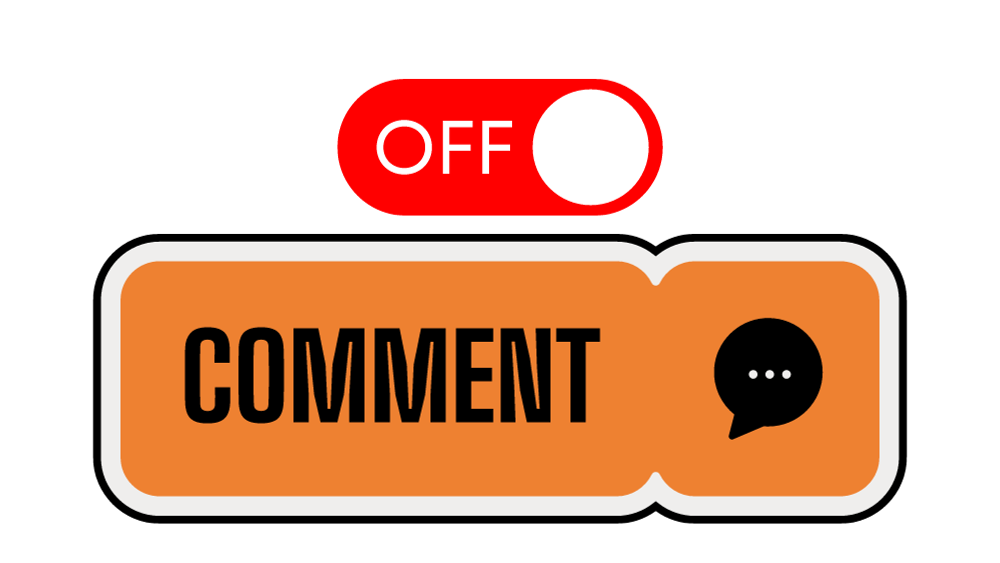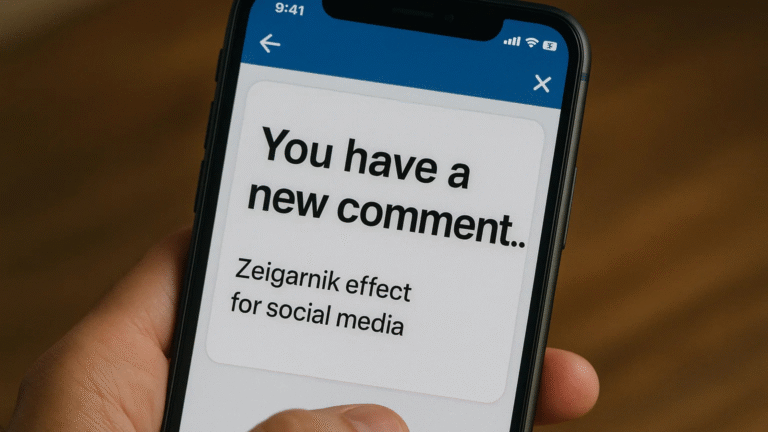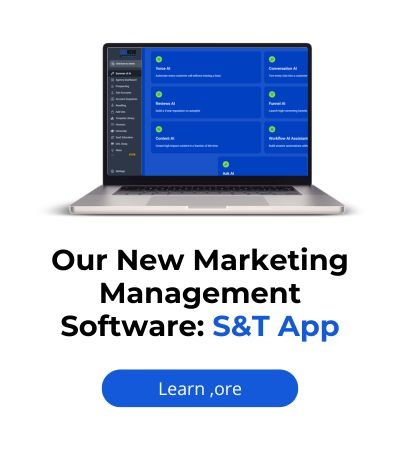Introduction
Want to turn off comments on your Facebook ads?
Facebook ads have become an essential tool for businesses looking to reach their target audience and drive conversions.
With the ability to target specific demographics highly, interests, and behaviors, Facebook ads can be a powerful way to promote your products or services.
In this blog post, we will explore why turning off comments on Facebook ads may be necessary in certain situations.
We’ll also provide you with a step-by-step guide on how to disable commenting on your Facebook ads effectively.
So if you’re ready to take control of your ad campaigns and minimize unwanted interactions, keep reading!
Why Turn Off Comments on Your Facebook Ads May Be Necessary
When it comes to running Facebook ads, engaging with your audience is crucial. It allows you to build relationships, gather feedback, and address any concerns or questions they may have.
However, there are instances where turning off comments on your Facebook ads may be necessary.
Negative comments can sometimes overshadow the positive ones. While constructive criticism can be useful for improvement, excessive negativity can discourage potential customers from interacting with your brand.
By disabling comments, you have more control over the narrative surrounding your ads.
Some industries are more prone to attracting spam or inappropriate comments. This could include sensitive topics or controversial products that tend to provoke heated discussions.
When running time-sensitive promotions or flash sales through Facebook ads, enabling comment moderation might hinder communication efficiency due to delays in content approval processes.
Disabling comments ensures the smooth execution of such campaigns without unnecessary interruptions.
Remember that while turning off comments has its benefits in specific situations like those mentioned above; it’s essential not to eliminate dialogue across all ad formats as it can negatively impact customer engagement and trust in the long run.
The Step-by-Step Guide to Turn Off Comments on Your Facebook Ads
Are you tired of dealing with negative comments on your Facebook ads? Turning off comments can be a strategic move to maintain control over the conversation. Here’s a step-by-step guide to help you disable comments on your Facebook ads.
Step 1: Open Ads Manager
Log in to your Facebook Ads Manager account and navigate to the campaign or ad set that you want to modify.
Step 2: Edit Ad Set
Click on the “Edit” button next to the campaign or ad set name, and then select “Ad Set.”
Step 3: Advanced Options
Scroll down until you find the “Advanced Options” section. Click on it, and a dropdown menu will appear.
Step 4: Disable Comments
Within the dropdown menu, locate the option that says “Allow people to comment.” By default, it is set to “On.” Switch it off by clicking on it.
Step 5: Save Changes
Don’t forget to save your changes! Look for the blue button at either the top or bottom right of your screen labeled “Save” or something similar.
Remember that turning off comments might limit engagement opportunities with potential customers who have genuine questions or positive feedback.
However, if managing negative comments becomes overwhelming or time-consuming for your team, disabling them could be a viable solution.
Keep in mind that this strategy may vary depending on individual business needs and objectives.
Potential Benefits and Drawbacks of Disabling Comments on Facebook Ads
There are several potential benefits to disabling comments on your Facebook ads. One major benefit is that it allows you to have more control over the narrative surrounding your ad.
By turning off comments, you can prevent any negative or irrelevant comments from appearing on your ad, which can help maintain a positive image for your brand.
Another benefit is that it eliminates the need for constant monitoring and moderating of comments. Managing hundreds or even thousands of comments can be time-consuming and overwhelming.
By turning off comments, you can save time and focus on other important aspects of your business.
Disabling comments also helps minimize the risk of trolls or competitors leaving negative remarks or spamming your ad with unrelated content.
This can protect your brand’s reputation and maintain a professional appearance.
However, there are also some drawbacks to consider when disabling comments on Facebook ads.
One drawback is that by turning off commenting, you may miss out on valuable feedback or engagement from potential customers.
Comments provide an opportunity for users to ask questions, share their thoughts, or seek clarification about your product or service.
Additionally, disabling comments could potentially limit social proof for your ad. Positive user reviews and testimonials left in the comment section can serve as powerful endorsements for others who come across your ad.
Tips for Managing Negative Feedback on Facebook Ads Without Comments Enabled
Managing negative feedback on Facebook ads can be challenging, especially when comments are disabled.
However, there are still steps you can take to address and mitigate any negativity that may arise.
First, closely monitor the performance of your ads. Keep an eye on key metrics such as engagement rate and click-through rate (CTR) to gauge audience response.
If you notice a drop in these numbers or receive complaints through other channels, it might indicate a problem with your ad.
Consider creating alternative avenues for feedback. Provide clear instructions on how users can reach out to you directly if they have any concerns or questions about the ad.
This could be through email, direct messaging platforms like Facebook Messenger, or even via phone calls.
Another effective approach is proactive customer support. By actively responding to inquiries and addressing issues promptly and professionally, you demonstrate a commitment to customer satisfaction.
This not only helps resolve individual concerns but also showcases your dedication to providing excellent service.
Continuously analyze the performance of your ads and gather insights from user behavior data.
Look for patterns or recurring themes in negative feedback that can guide future improvements in targeting or creative elements.
While disabling comments may limit public discourse around your Facebook ads, being proactive in managing negative feedback ensures that you maintain good relationships with customers while improving the effectiveness of future campaigns.
Conclusion
Navigating the world of Facebook advertising can be both exciting and challenging. One aspect that requires careful consideration is whether to enable or disable comments on your ads.
While turning off comments may seem like a simple solution to avoid potential negativity, it’s essential to weigh the pros and cons before making a decision.
By following our step-by-step guide, you now have the knowledge and tools necessary to turn off comments on your Facebook ads.
This option can provide several benefits such as minimizing negative feedback, reducing spam, and maintaining control over your ad campaign’s messaging.
However, it’s important not to dismiss the value of user engagement entirely. Allowing comments on your ads presents an opportunity for genuine conversations with customers that can lead to increased brand loyalty and valuable insights.
So consider carefully whether disabling comments aligns with your business objectives.
If you do choose to turn off comment functionality on your ads, be prepared for alternative ways of managing negative feedback or customer concerns.
Regularly monitor ad performance metrics, respond promptly through private messages or email when appropriate, and address any issues openly on other platforms where discussions are allowed.
Remember that finding the right strategy for managing Facebook ad comments depends heavily on factors unique to each business – its goals, target audience demographics, industry norms, etc. Experimentation may be required initially until you find what works best for you.
Striking a balance between promoting engagement and avoiding potential pitfalls is key when crafting an effective Facebook ads strategy tailored specifically to your business needs.
By considering all aspects thoughtfully and applying our step-by-step guide as a resourceful tool set along this journey will set you up for success in leveraging social media advertising effectively!









